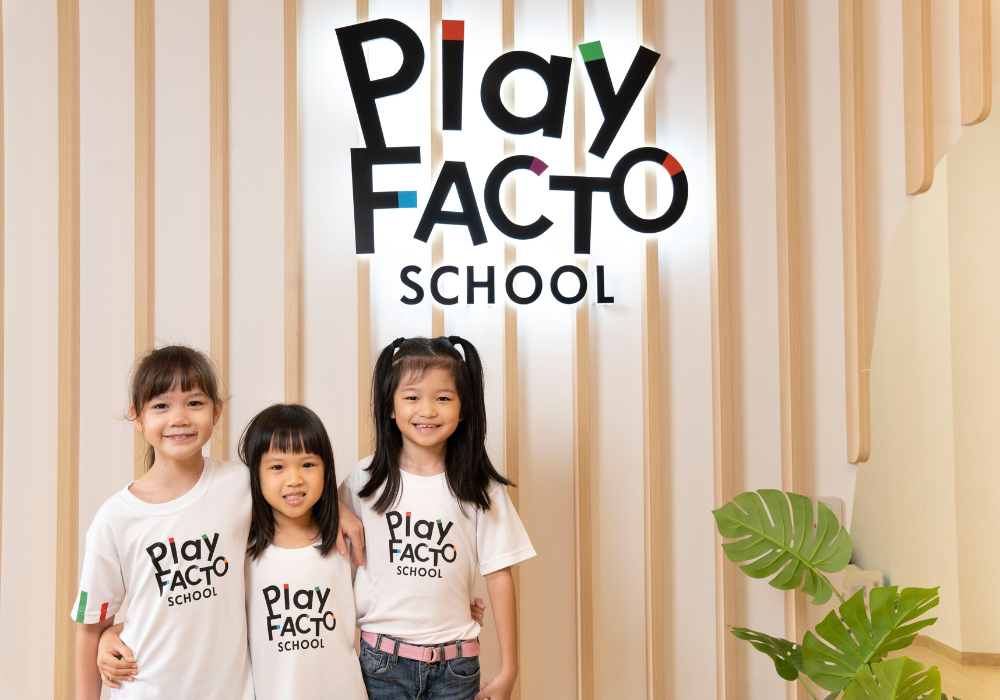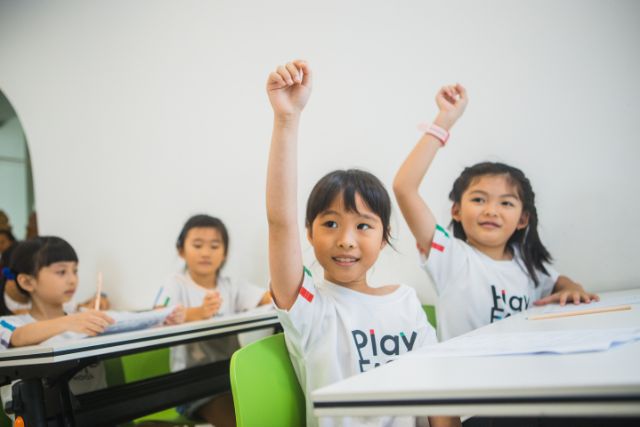Are You Coaching Your Child in Math?
While you are on your journey to help your child acquire early math skills, here are 5 dangers to avoid when coaching your child math skills:
1. Blind Practice
Blind practice happens when your child practices the same type of questions over and over again without thinking. If you see your child doing the same type of questions but he/she is unable to explain the rationale behind the problem, perhaps, they are just practicing for the sake of practicing.
During our PlayFACTO programme for children 6 to 10, we get them to reflect after each session to get them to think and reflect on what they have learned. This promotes critical thinking skills that are helpful for math problem sums.
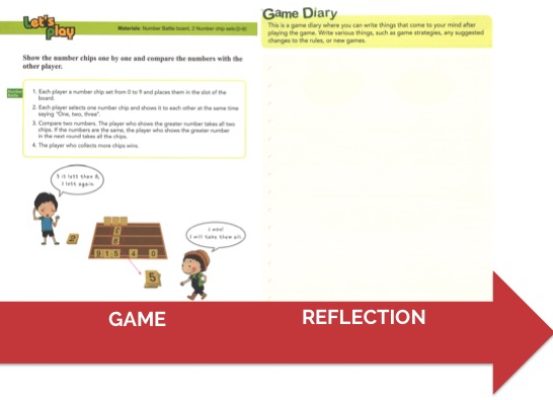
Learn how we gamify math at our upcoming workshop sessions. Register here
2. Using only practice papers
Learning Math works best when your child is able to associate math concepts to daily life. The more they are able to link math to other concepts, the more they are able to use and apply math whether they are as young as 3 all the way to the time they hit 103!
In our CM classes, we use a plethora of stories, analogies, games, music, crafts, etc. All this is done so that your child will find multiple ways and methods of using the same concept over and over again.
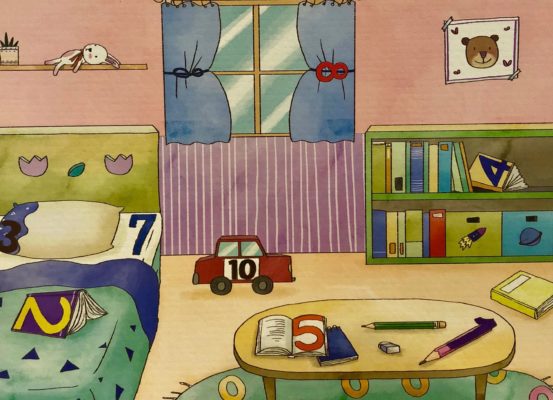
3. Focusing on completion
Math is like a game.
Completing the game might be an amazing accomplishment. However, the process of running quests, hanging out in teams and battling bosses together make the game far more engaging than doing it alone.
Why not make your child’s next math practice a game at home. Over at our PlayFACTO Kids classes, all our manipulative are used to play FOUR different games before your child moves on to a new manipulative for the month.
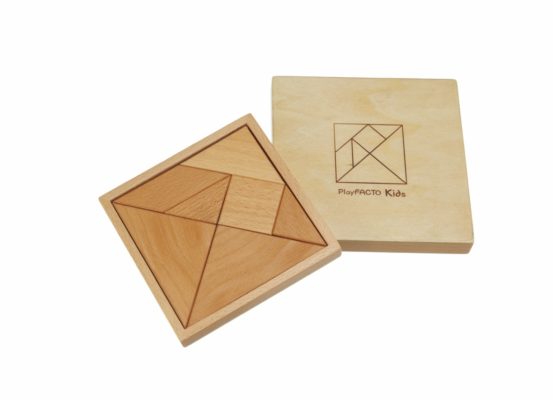
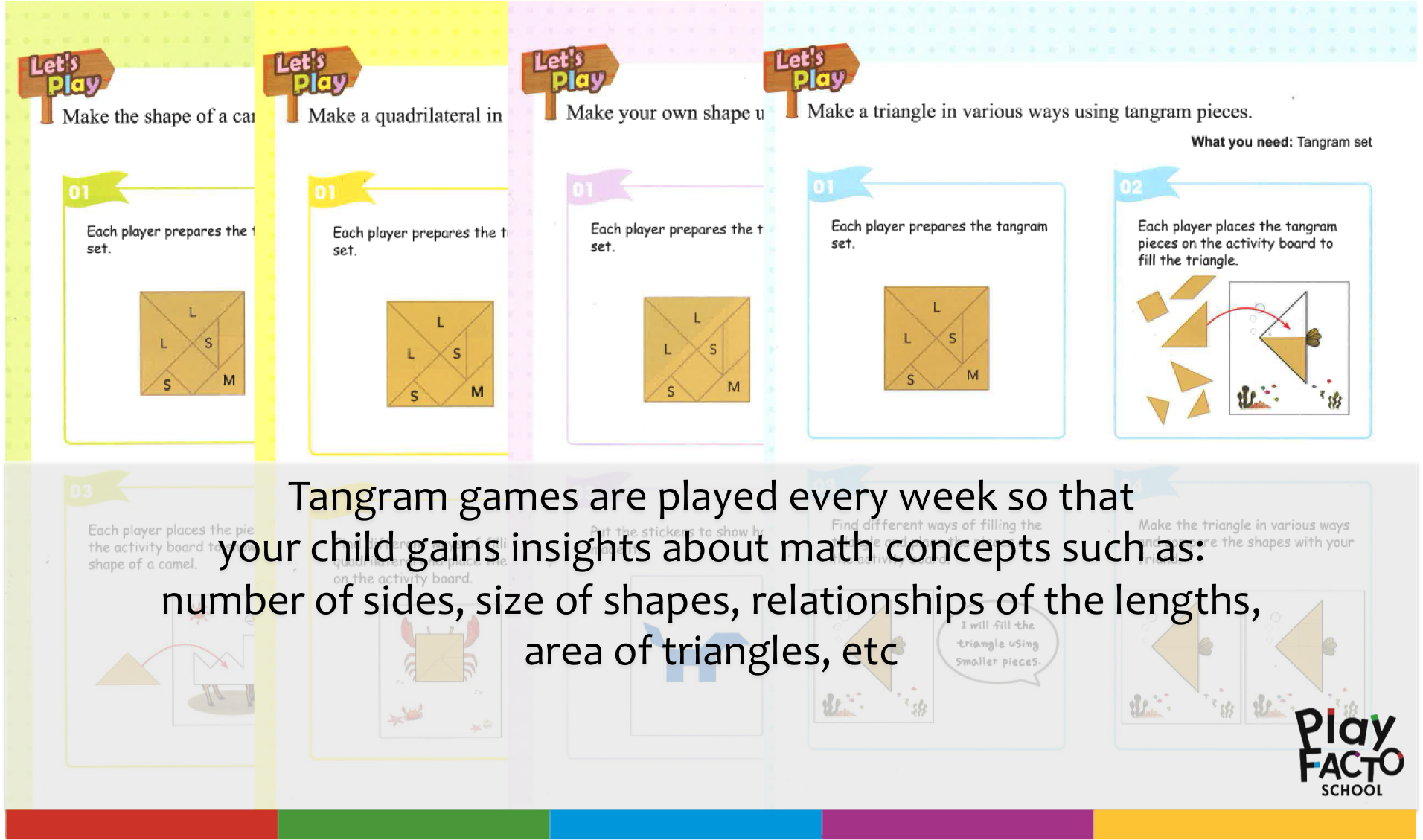
Want to experience our tangram set? Why not join us at our open house sessions here.
4. Expecting only ONE answer
I remember when we were younger and busy mugging for our tests, we had to provide only ONE answer. This made sense as we were attempting tests for the purpose of testing our understanding. This is done for our PlayFACTO Programme for children 6 to 10.
However, before any assessment, we challenge students to APPLY concepts through the use of activities and manipulatives. This is helpful as they provide a concrete object for children to relate abstract math concepts.
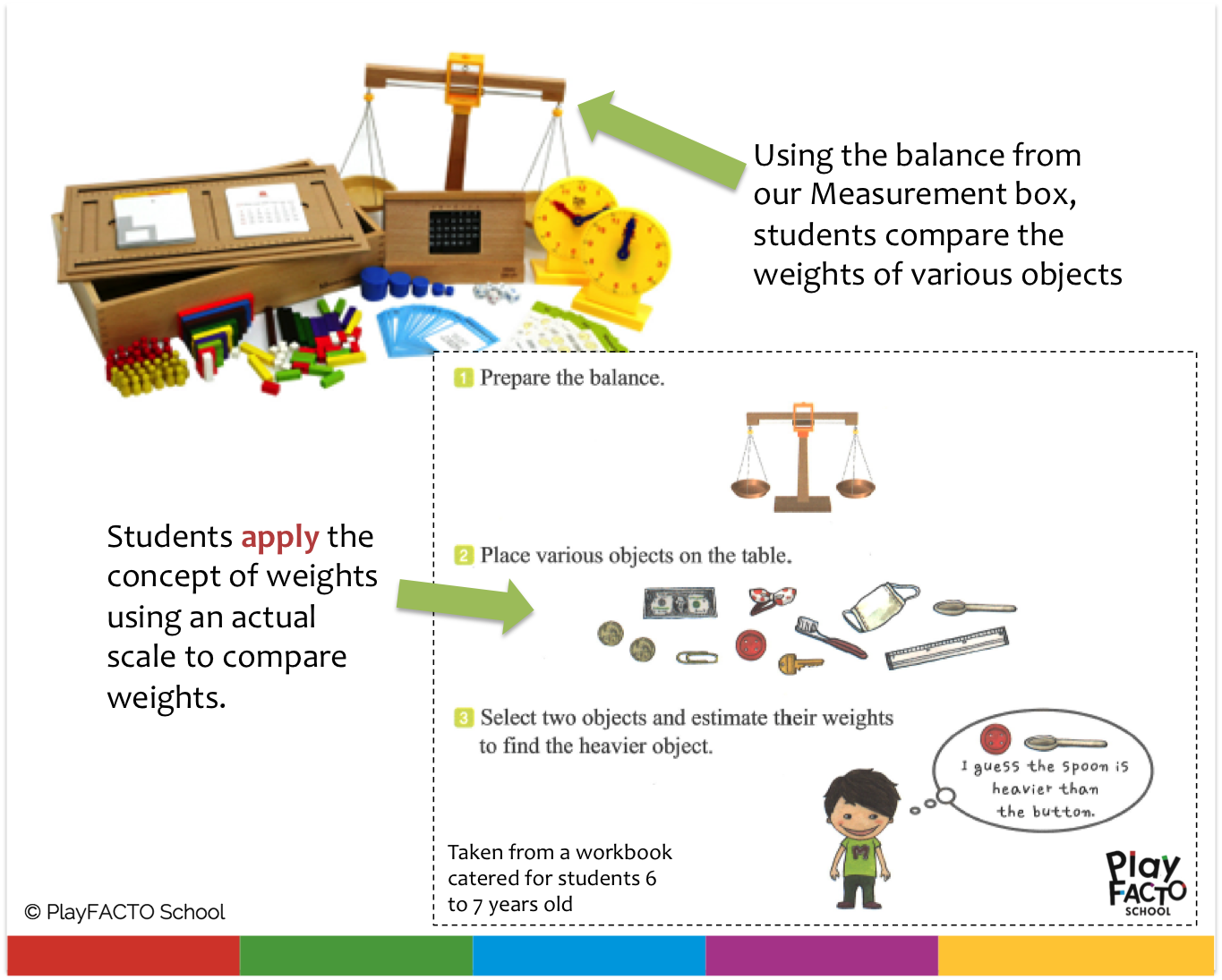
4. Getting the RIGHT Answer
Part of the requirement of primary school math requires children to provide workings to showcase a child’s thought process. However, training this thought process requires children to think of multiple solutions using a single math concept.
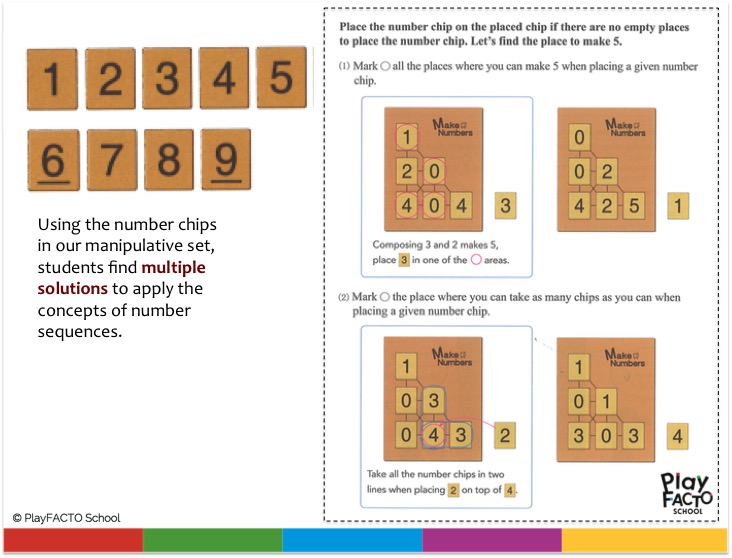
One simple way of developing this skillset is to learn chess!
Through the use of chess, children pick up vital thinking skills that get them to think of multiple ways of starting the game and end the game.
Wish to learn more?
Why not join us at our upcoming workshop here.
About PlayFACTO School
At PlayFACTO School, our commitment to learning engagement extends beyond our research-based curriculum, intentionally designed learning spaces and best-in-class facilitators of knowledge. Our unique PlayFACTO School experience is based on our philosophy “Engage, Play, Learn”. We believe in helping every child realize their full potential through meaningful engagement and providing a fun and holistic learning experience.
Student Care | Creative Math | Play Group
About Positive Education
Positive Education is an approach to education that blends academic learning with character & well being. Preparing students with life skills such as grit, optimism, resilience, growth mindset, engagement, and mindfulness amongst others. Positive education is based on the science of well being and happiness.
Dr. Martin Seligman, Director of Positive Psychology Center at the University of Pennsylvania, developed this framework.


